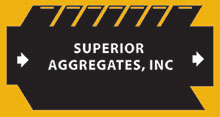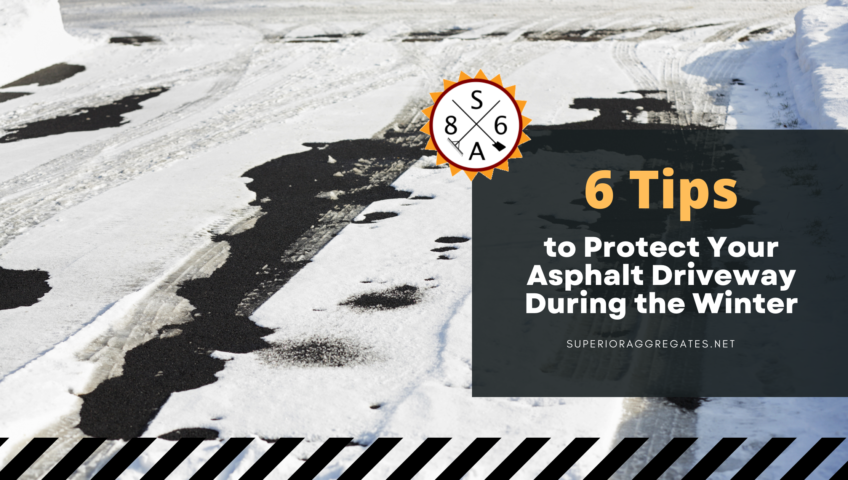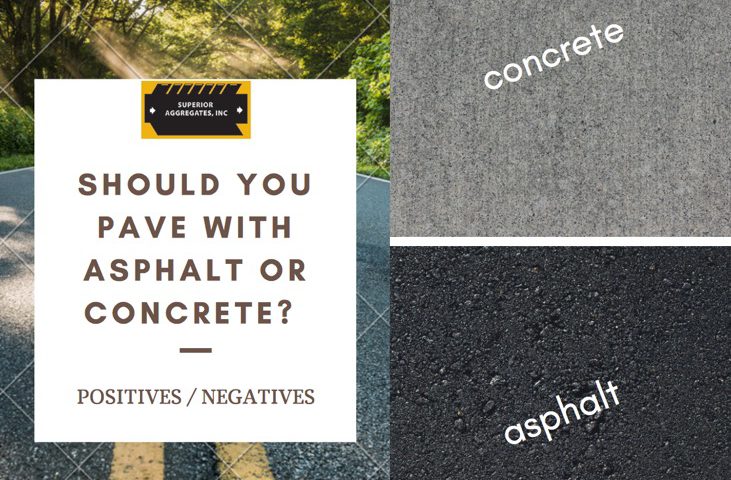
Top 6 Factors that Affect Asphalt Paving Costs
Asphalt is one of the leading paving choices for its affordability and cost-efficiency. When an asphalt parking lot or driveway is properly paved and maintain, it can last for decades.
When installed properly, asphalt becomes less visible to most users than other parts of a construction project. For incredible end result, ensure asphalt installation is of high quality. Finding a balance between value and cost within a budget can be an uphill task.
So, what factors can affect asphalt paving cost?
Total Square Footage
When planning for asphalt paving, the size of coverage needs consideration. Long and wide pavements need a significant amount of base material, labour, time, and asphalt to complete. The depth of the prepared site is also an important factor.
Some tools like the Basic Construction’s Asphalt Calculator can approximate the amount of materials required. Estimation is made with reference to a benchmark mix density of 148 pounds per every cubic foot.
Although densities vary between mixes, the stated value is a standard rule-of-thumb ideal for estimation purposes. Reduced bulk rates may be available for considerably large projects.
Asphalt thickness based on load requirements
In most projects, a 4-inch depth is usually adequate. Nonetheless, 5 to 6 inches of full-depth asphalt guarantees a stable and strong paving ideal for a wide range of loads and climates. Some contractors make use of 6 to 8 inches of compacted gravel or aggregate as a base for 3-inch asphalt pavement. Routinely, the cost incurred to apply asphalt to a parking lot is cheaper than that of a driveway. The greater surface results in price reduction per square foot. Heavy loads require thicker asphalt layers resulting in a more significant budget.
Possible obstructions
The lifespan of any paved surface relies on proper drainage. In case there are obstructions, more work is needed to make enough room for the new asphalt paving. Extra work increases the cost necessary to construct the asphalt pavement to completion.
Distance to the nearest hot plant
Asphalt transport cost from the production plant to the project site is a considerable factor in budgeting. Also, the type of asphalt required affects transport costs. Hot mixes cost more to transport than warm blends.
Some suppliers manufacture in-house asphalt while others combine raw materials from various locations. The best and most dependable suppliers own and operate an asphalt plant. They use their manufactured materials to make the asphalt guaranteeing consistent and high-quality products.
Permit requirements
Any asphalt project connecting to a public road must satisfy necessary requirements of the municipality. A permit may be necessary, and in some cases, you may need to change plans to suit municipality requirements. Changes and acquisition of permits may result in increment of the project cost.
Quality of the base
High quality base guarantees durability. However, it also attracts high cost. Installing between 8 and 10 inches of gravel below your asphalt is essential for drainage. The higher the material quality of the base, the more expensive your asphalt project becomes.
It is undeniable that asphalt is the most preferred material for paving. Before any undertaking, prepare a budget. Include every detail that may change costs. If you’re working on a shoe string budget, consider consulting an expert to help you minimize cost and maximize quality. Call us today to speak with one.
Asphalt is one of the leading paving choices for its affordability and cost-efficiency. When an asphalt parking lot or driveway is properly paved and maintain, it can last for decades.
When installed properly, asphalt becomes less visible to most users than other parts of a construction project. For incredible end result, ensure asphalt installation is of high quality. Finding a balance between value and cost within a budget can be an uphill task.
So, what factors can affect asphalt paving cost?
Total Square Footage
When planning for asphalt paving, the size of coverage needs consideration. Long and wide pavements need a significant amount of base material, labour, time, and asphalt to complete. The depth of the prepared site is also an important factor.
Some tools like the Basic Construction’s Asphalt Calculator can approximate the amount of materials required. Estimation is made with reference to a benchmark mix density of 148 pounds per every cubic foot.
Although densities vary between mixes, the stated value is a standard rule-of-thumb ideal for estimation purposes. Reduced bulk rates may be available for considerably large projects.
Asphalt thickness based on load requirements
In most projects, a 4-inch depth is usually adequate. Nonetheless, 5 to 6 inches of full-depth asphalt guarantees a stable and strong paving ideal for a wide range of loads and climates. Some contractors make use of 6 to 8 inches of compacted gravel or aggregate as a base for 3-inch asphalt pavement. Routinely, the cost incurred to apply asphalt to a parking lot is cheaper than that of a driveway. The greater surface results in price reduction per square foot. Heavy loads require thicker asphalt layers resulting in a more significant budget.
Possible obstructions
The lifespan of any paved surface relies on proper drainage. In case there are obstructions, more work is needed to make enough room for the new asphalt paving. Extra work increases the cost necessary to construct the asphalt pavement to completion.
Distance to the nearest hot plant
Asphalt transport cost from the production plant to the project site is a considerable factor in budgeting. Also, the type of asphalt required affects transport costs. Hot mixes cost more to transport than warm blends.
Some suppliers manufacture in-house asphalt while others combine raw materials from various locations. The best and most dependable suppliers own and operate an asphalt plant. They use their manufactured materials to make the asphalt guaranteeing consistent and high-quality products.
Permit requirements
Any asphalt project connecting to a public road must satisfy necessary requirements of the municipality. A permit may be necessary, and in some cases, you may need to change plans to suit municipality requirements. Changes and acquisition of permits may result in increment of the project cost.
Quality of the base
High quality base guarantees durability. However, it also attracts high cost. Installing between 8 and 10 inches of gravel below your asphalt is essential for drainage. The higher the material quality of the base, the more expensive your asphalt project becomes.
It is undeniable that asphalt is the most preferred material for paving. Before any undertaking, prepare a budget. Include every detail that may change costs. If you’re working on a shoe string budget, consider consulting an expert to help you minimize cost and maximize quality. Call us today to speak with one.


